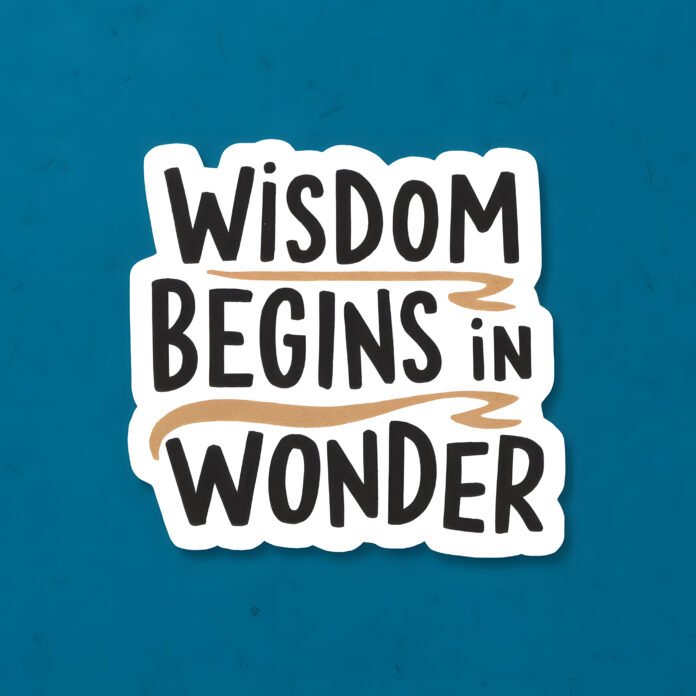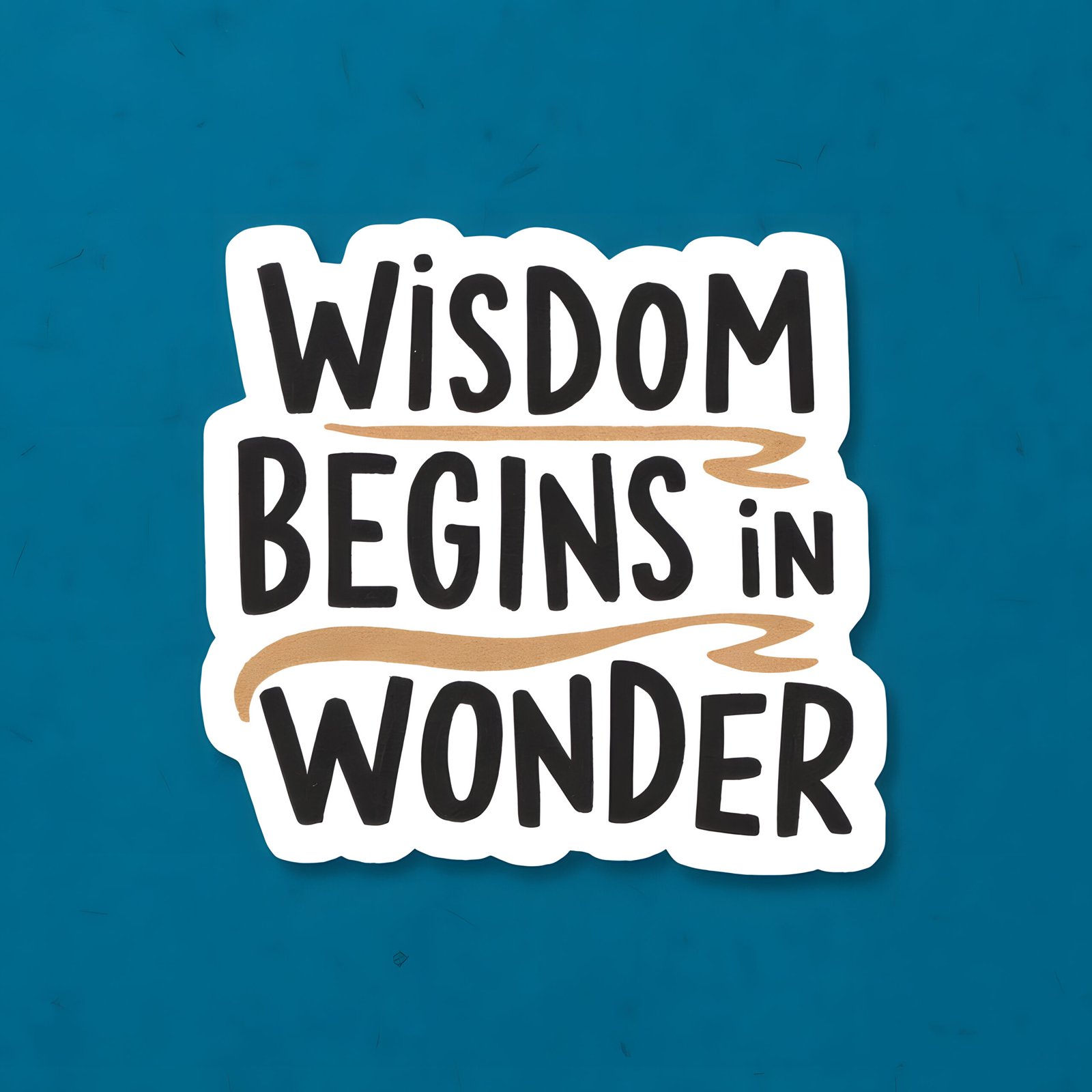**آج کا سبق۔۔۔! زندگی جب کچھ دیتی ہے تو احسان نہیں کرتی اور جب لیتی ہے تو لحاظ نہیں کرتی**
زندگی ایک نازک توازن ہے، جو ہر دن ہمارے سامنے ایک نئی حقیقت پیش کرتی ہے۔ یہ حقیقتیں ہمیں سکھاتی ہیں کہ زندگی کی حقیقتیں کبھی بھی نرم اور دوستانہ نہیں ہوتیں۔ جب زندگی ہمیں کچھ دیتی ہے، تو وہ ہمیں کسی قسم کا احسان نہیں کرتی؛ اور جب زندگی ہم سے کچھ لیتی ہے، تو وہ کسی قسم کا لحاظ نہیں کرتی۔ یہ حقیقت ہمیں سکھاتی ہے کہ زندگی کی حقیقتوں کو سمجھنے اور ان کے ساتھ ہم آہنگ ہونے کے لیے تیار رہنا ضروری ہے۔
### زندگی کی دی ہوئی چیزوں کا عدم احسان
زندگی کے ہر لمحے میں ہمیں مختلف چیزیں ملتی ہیں، جیسے کہ خوشیاں، کامیابیاں، صحت، اور دیگر نعمتیں۔ جب زندگی ہمیں یہ سب کچھ دیتی ہے، تو یہ ہمیں کسی قسم کا احسان نہیں کرتی۔ ہم سمجھتے ہیں کہ یہ سب کچھ ہماری محنت، قابلیت، یا صلاحیتوں کا نتیجہ ہے، لیکن حقیقت یہ ہے کہ یہ سب کچھ زندگی کی طرف سے ایک تحفہ ہوتا ہے۔
#### **1. کامیابیاں اور خوشیاں**
کامیابیاں اور خوشیاں زندگی کی طرف سے ملنے والے تحفے ہیں، جو ہمیں محنت اور کوشش کے بعد ملتی ہیں۔ ہمیں یہ سوچنا چاہیے کہ یہ کامیابیاں اور خوشیاں ہماری محنت کا نتیجہ ہیں، لیکن حقیقت یہ ہے کہ یہ سب کچھ زندگی کی طرف سے دیا گیا ہے۔ زندگی کبھی بھی ہمیں کامیابیوں اور خوشیوں کا کوئی احسان نہیں کرتی، بلکہ یہ سب کچھ ہماری زندگی کا حصہ ہوتا ہے۔
#### **2. صحت اور خوشحالی**
صحت اور خوشحالی بھی زندگی کی طرف سے ملنے والی نعمتیں ہیں۔ ہم اپنی صحت اور خوشحالی کو اپنی محنت اور کوششوں کا نتیجہ سمجھتے ہیں، لیکن حقیقت میں یہ سب کچھ زندگی کی طرف سے ایک تحفہ ہوتا ہے۔ ہمیں اپنی صحت اور خوشحالی کی قدر کرنی چاہیے اور ان کا شکر گزار ہونا چاہیے، کیونکہ یہ سب کچھ ہمیں زندگی کی طرف سے دیا گیا ہے۔
#### **3. علم اور تعلیم**
علم اور تعلیم بھی زندگی کی طرف سے ملنے والے تحفے ہیں، جو ہمیں ترقی اور کامیابی کی راہ پر لے جاتے ہیں۔ ہمیں اپنی تعلیم اور علم کی قدر کرنی چاہیے اور ان کا شکر گزار ہونا چاہیے، کیونکہ یہ سب کچھ زندگی کی طرف سے ملا ہے۔ زندگی کبھی بھی ہمیں علم اور تعلیم کا کوئی احسان نہیں کرتی، بلکہ یہ سب کچھ ہماری ترقی اور کامیابی کے لیے ضروری ہوتا ہے۔
### زندگی کی طرف سے لی جانے والی چیزوں کا عدم لحاظ
زندگی کی طرف سے لی جانے والی چیزیں، جیسے کہ صحت، خوشیاں، کامیابیاں، اور دیگر نعمتیں، زندگی کے مختلف مراحل پر ہم سے لے لی جاتی ہیں۔ جب زندگی ہم سے کچھ لیتی ہے، تو وہ کسی قسم کا لحاظ نہیں کرتی۔ یہ حقیقت ہمیں سکھاتی ہے کہ زندگی کی حقیقتوں کو سمجھنے اور ان کے ساتھ ہم آہنگ ہونے کے لیے تیار رہنا ضروری ہے۔
#### **1. مشکلات اور چیلنجز**
زندگی ہمیں مشکلات اور چیلنجز کے ذریعے امتحان میں ڈالتی ہے۔ جب مشکلات ہمارے راستے میں آتی ہیں، تو زندگی کسی قسم کا لحاظ نہیں کرتی۔ ہمیں ان مشکلات کا سامنا کرنا پڑتا ہے اور انہیں اپنی محنت اور حوصلے کے ذریعے حل کرنا پڑتا ہے۔ زندگی کی طرف سے آنے والی مشکلات ہمیں سکھاتی ہیں کہ ہم اپنی مشکلات کا سامنا کریں اور انہیں حل کرنے کے لیے تیار رہیں۔
#### **2. صحت کی مشکلات**
صحت کی مشکلات بھی زندگی کی طرف سے ہمیں ملنے والی سخت حقیقتوں میں شامل ہوتی ہیں۔ جب ہماری صحت متاثر ہوتی ہے، تو زندگی کسی قسم کا لحاظ نہیں کرتی۔ ہمیں اپنی صحت کی مشکلات کا سامنا کرنا پڑتا ہے اور انہیں بہتر بنانے کے لیے اقدامات کرنا پڑتے ہیں۔ زندگی کی طرف سے صحت کی مشکلات ہمیں سکھاتی ہیں کہ ہمیں اپنی صحت کی قدر کرنی چاہیے اور صحت کی مشکلات کا سامنا کرنے کے لیے تیار رہنا چاہیے۔
#### **3. ناکامیاں اور خسارے**
ناکامیاں اور خسارے بھی زندگی کی طرف سے ہمیں ملنے والی سخت حقیقتیں ہیں۔ جب ہمیں ناکامیاں اور خسارے کا سامنا کرنا پڑتا ہے، تو زندگی کسی قسم کا لحاظ نہیں کرتی۔ ہمیں اپنی ناکامیوں اور خساروں کا سامنا کرنا پڑتا ہے اور انہیں بہتر بنانے کے لیے اقدامات کرنا پڑتے ہیں۔ زندگی کی طرف سے ناکامیاں اور خسارے ہمیں سکھاتے ہیں کہ ہمیں اپنی ناکامیوں کو تسلیم کرنا چاہیے اور انہیں حل کرنے کے لیے تیار رہنا چاہیے۔
### زندگی کے ساتھ ہم آہنگ ہونے کی ضرورت
زندگی کی حقیقتوں کو سمجھنا اور ان کے ساتھ ہم آہنگ ہونا ہماری روحانیت اور کامیابی کے لیے ضروری ہے۔ ہمیں یہ سمجھنا چاہیے کہ زندگی کی حقیقتیں کبھی بھی نرم اور دوستانہ نہیں ہوتی، بلکہ ہمیں ان کے ساتھ ہم آہنگ ہونے کے لیے تیار رہنا چاہیے۔
#### **1. شکرگزاری**
شکرگزاری ایک اہم عمل ہے جو ہمیں زندگی کی نعمتوں کی قدر کرنے کی ترغیب دیتا ہے۔ ہمیں اپنی زندگی میں ملنے والی کامیابیوں، خوشیوں، صحت، اور تعلیم کا شکر گزار ہونا چاہیے، کیونکہ یہ سب کچھ زندگی کی طرف سے ملا ہے۔ شکرگزاری کے ذریعے ہم اپنی زندگی کی حقیقتوں کو سمجھ سکتے ہیں اور ان کے ساتھ ہم آہنگ ہو سکتے ہیں۔
#### **2. مشکلات کا سامنا**
مشکلات کا سامنا کرنا ایک اہم عمل ہے جو ہمیں زندگی کی حقیقتوں کے ساتھ ہم آہنگ ہونے کی ترغیب دیتا ہے۔ ہمیں مشکلات کا سامنا کرنے کے لیے تیار رہنا چاہیے اور انہیں حل کرنے کے لیے اقدامات کرنا چاہیے۔ مشکلات کا سامنا کرنے کے ذریعے ہم اپنی قوت اور حوصلے کو مضبوط کر سکتے ہیں اور زندگی کی حقیقتوں کے ساتھ ہم آہنگ ہو سکتے ہیں۔
#### **3. حوصلہ اور عزم**
حوصلہ اور عزم زندگی کی حقیقتوں کے ساتھ ہم آہنگ ہونے کے لیے ضروری ہیں۔ ہمیں اپنی زندگی میں حوصلہ اور عزم کے ساتھ چلنا چاہیے اور زندگی کی حقیقتوں کا سامنا کرنا چاہیے۔ حوصلہ اور عزم کے ذریعے ہم زندگی کی مشکلات کو حل کر سکتے ہیں اور اپنی کامیابیوں کو بڑھا سکتے ہیں۔
### خلاصہ
زندگی جب کچھ دیتی ہے تو احسان نہیں کرتی اور جب لیتی ہے تو لحاظ نہیں کرتی۔ یہ حقیقت ہمیں سکھاتی ہے کہ زندگی کی حقیقتوں کو سمجھنا اور ان کے ساتھ ہم آہنگ ہونا ضروری ہے۔ زندگی کی نعمتوں کی قدر کرنا، مشکلات کا سامنا کرنا، اور حوصلہ اور عزم کے ساتھ زندگی کی حقیقتوں کا سامنا کرنا ہماری روحانیت اور کامیابی کے لیے ضروری ہے۔
شکرگزاری، مشکلات کا سامنا، اور حوصلہ و عزم کے ذریعے ہم اپنی زندگی کی حقیقتوں کو سمجھ سکتے ہیں اور ان کے ساتھ ہم آہنگ ہو سکتے ہیں۔ یہ عمل ہمیں زندگی کی حقیقتوں کے ساتھ ہم آہنگ ہونے کی ترغیب دیتا ہے اور ہماری روحانیت کو مضبوط کرتا ہے۔ زندگی کی حقیقتوں کو سمجھنے اور ان کے ساتھ ہم آہنگ ہونے کے ذریعے ہم اپنی زندگی کو بہتر بنا سکتے ہیں اور خوشی حاصل کر سکتے ہیں۔

اور جب لیتی ہے تو لحاظ نہیں کرتی۔






















